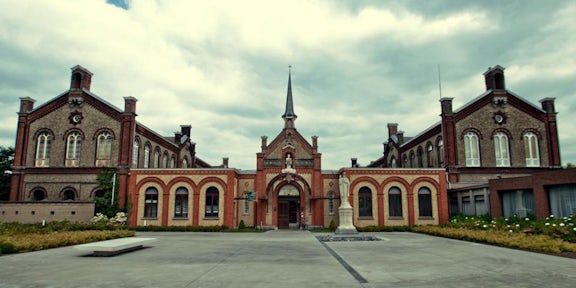Museum Dr. Guislain

The Museum Dr. Guislain fully subscribes to ICOM’s definition of a museum as ‘a non-profit, permanent institution in the service of society and its development, open to the public, which acquires, conserves, researches, communicates and exhibits the tangible and intangible heritage of humanity and its environment for the purposes of education, study and enjoyment’. But there is more. Prejudice with regard to the practice of psychiatry does not only have repercussions on the way in which society organises this health care discipline. It can also greatly affect the specific individual with a mental disorder who only too often comes across difficulties in finding a place and meaning in society, as a self-reliant and integrated individual.
The museum particularly hopes to succeed in proving that the concepts of ‘madness’ or ‘psychiatric disorder’ are not purely medical. There is always a sociocultural and ideological structure behind them. Specifically these aspects can dramatically determine our attitude towards mental illness. The way in which psychiatry, as a part of Western medicine, in conjunction with the rest of society, approaches man, strongly determines the insights it gains and the impasses it reaches, as well as the way in which the newly acquired knowledge is translated into social initiatives. At the same time, that knowledge is an invitation to you, our visitor, to broaden and enrich your general view of man. Although the scope of the Museum Dr. Guislain has in time gone furter than the history of psychiatry, the starting point for exhibitions and other activities has always remained questioning the distinction between normal and abnormal.

